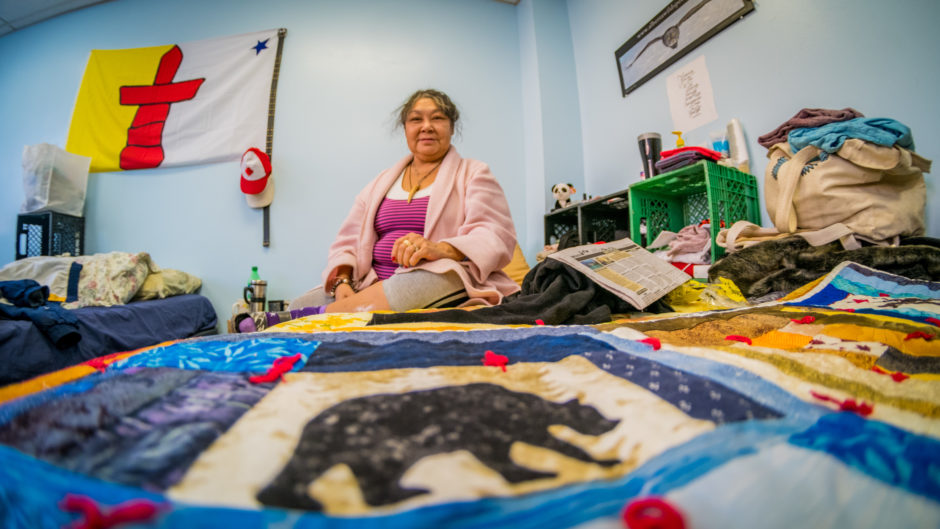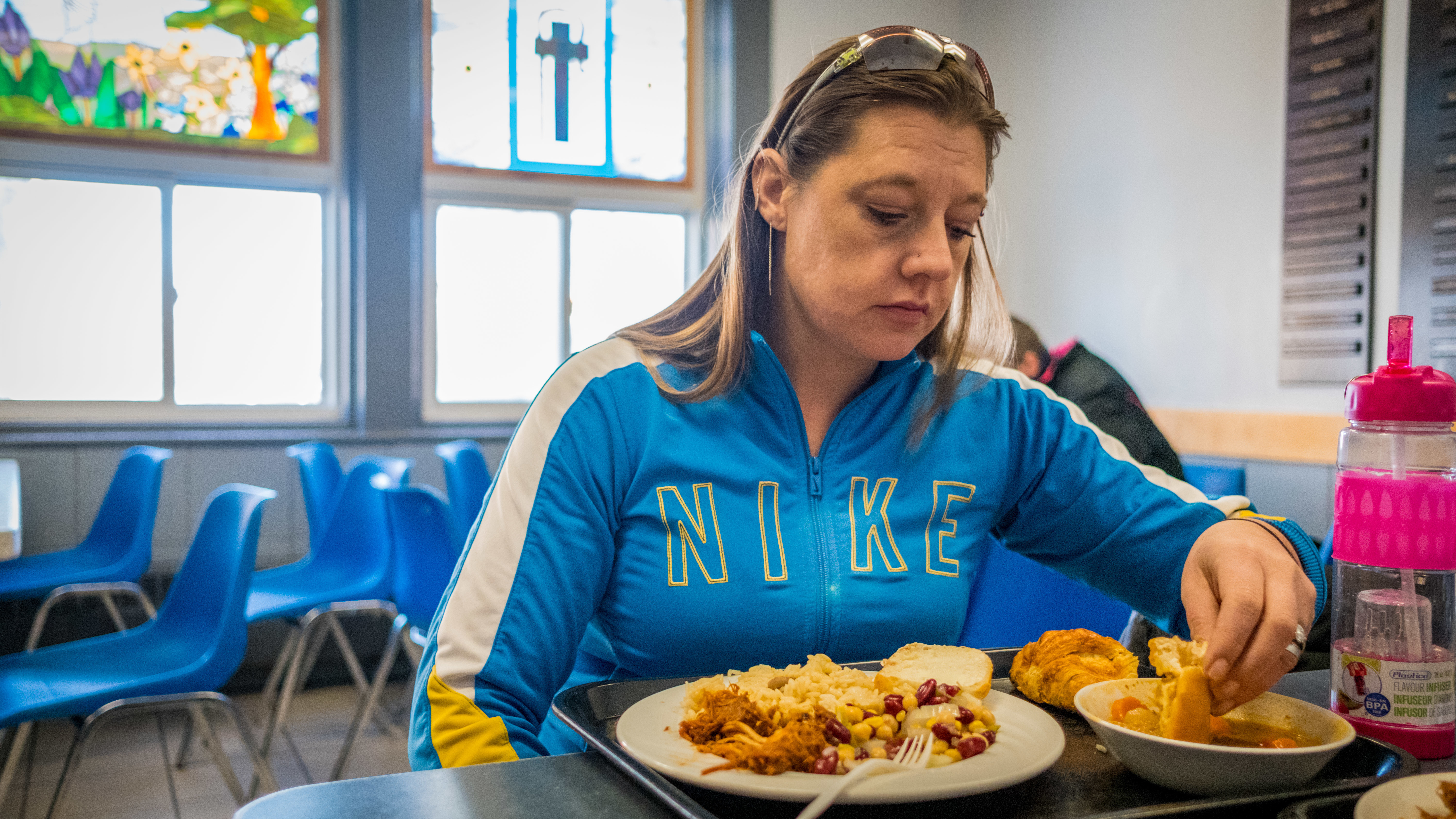December 18, 2018
Sara's story
Sara has been living at the Shepherds of Good Hope shelter off and on for three months. She's now facing her first Christmas without her son, Carter.
“I came here and thought I could find an apartment within a few days,” she said. “That didn’t work out so well for me.”
She hopes if she finds permanent housing, her children will be able to come and live with her.
She's now filling out rental applications for apartments in Ottawa.
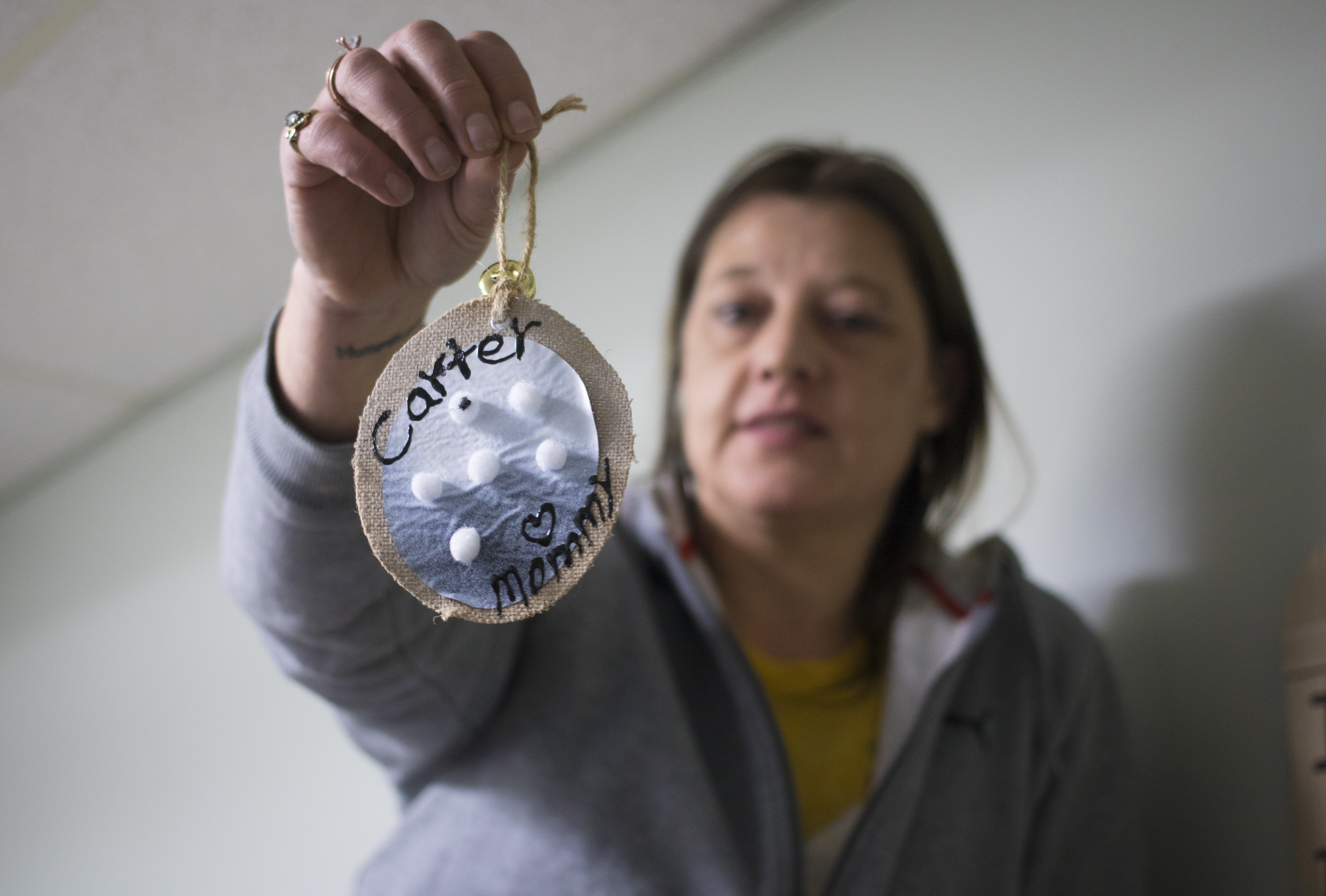
"Before my daughter was two I was working and making a lot of money. I did well for myself before the age of 24, then everything fell apart."
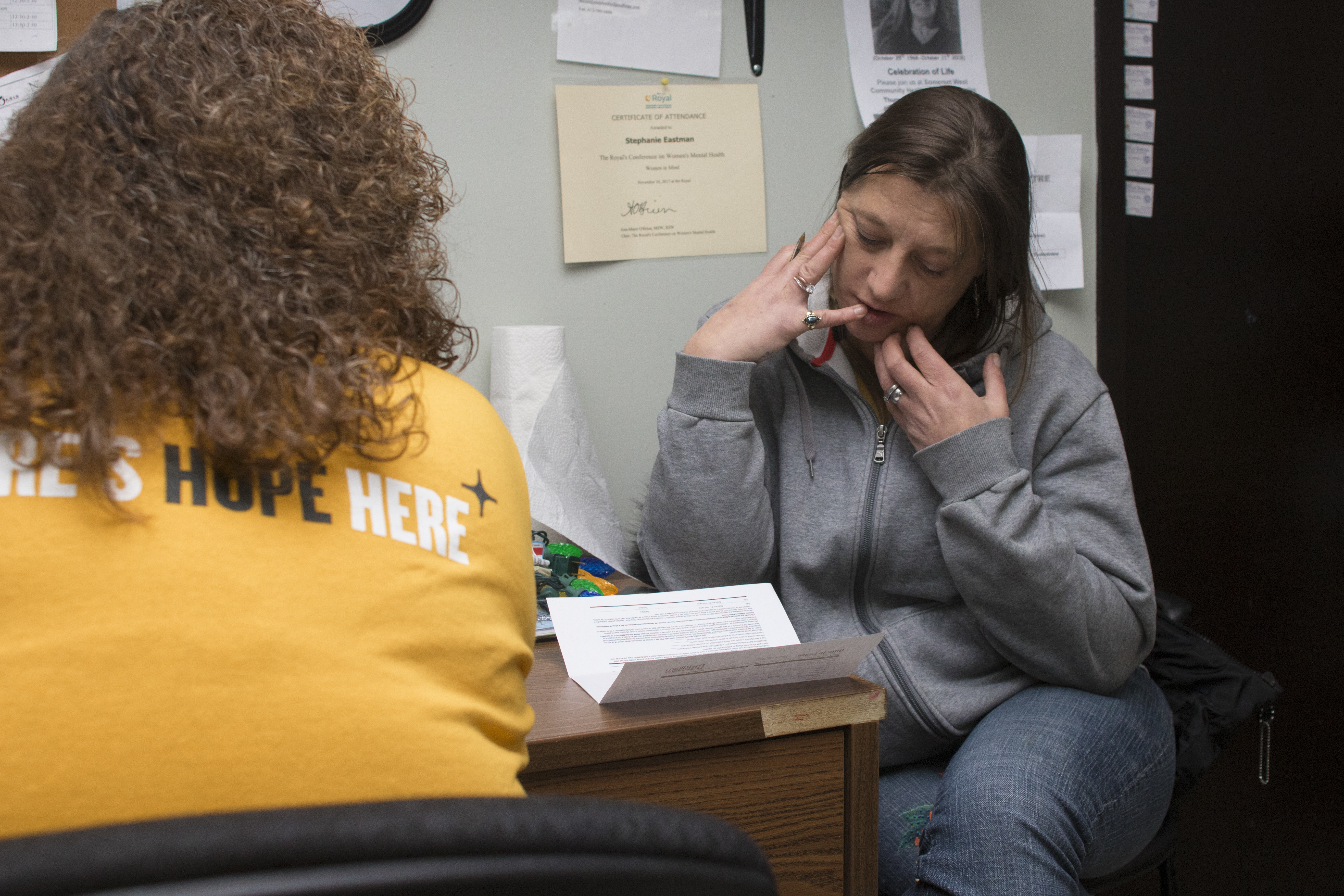
Craig's story
Former Carleton University student Craig moved into the shelter after a neighbour in his rooming house became violent.
He hopes to finish his degree once he’s found permanent housing.
He recalls how he felt the day he arrived at the Shepherds of Good Hope.
"Not defeat, but that my journey was not over, not even close.... I will take whatever experiences happen and I'll make it for the best."
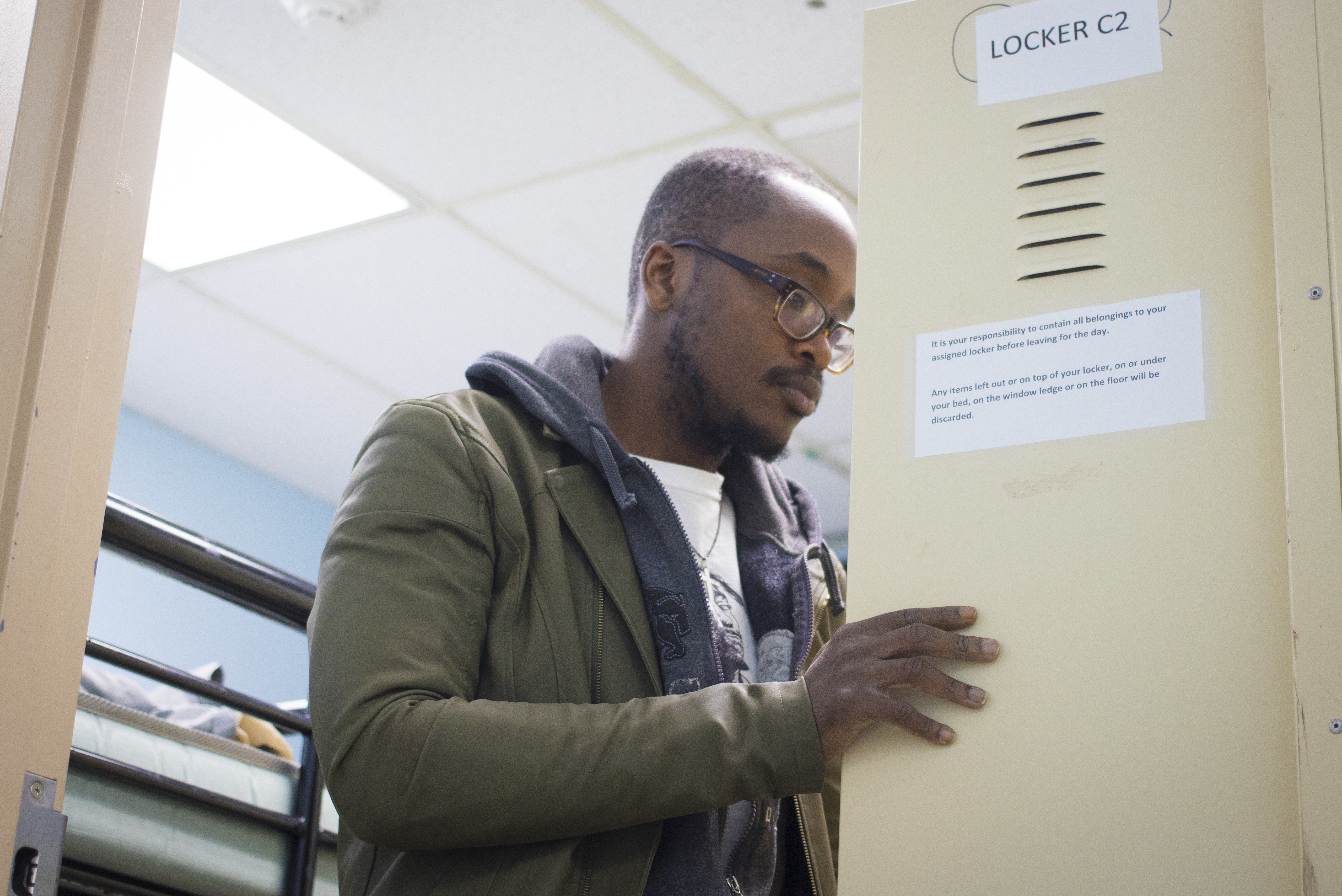
"You're not comfortable with it, you don't want to do it, but then you think it's not that bad. I have a roof over my head and I'm being fed three times a day."
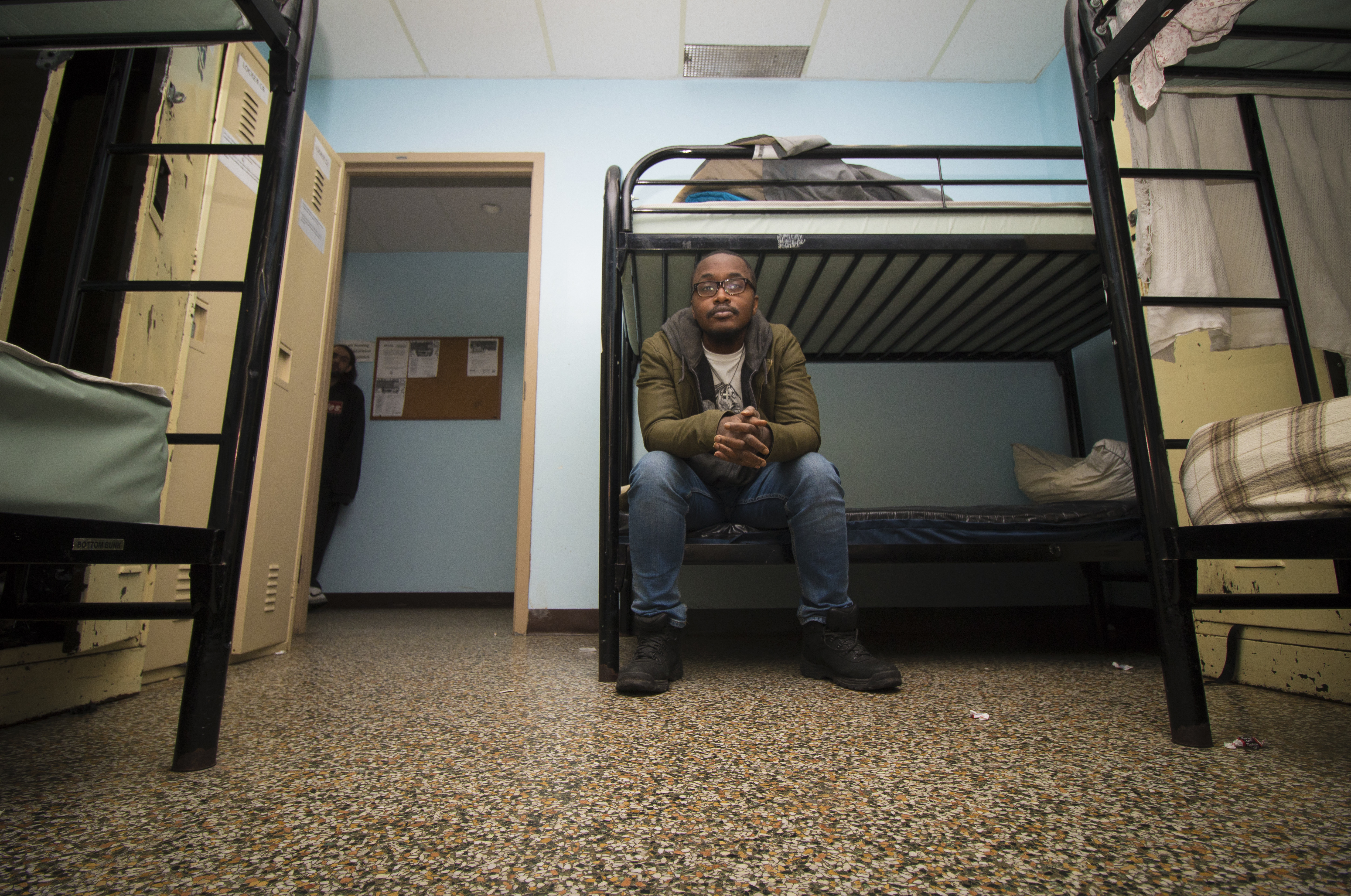
Wendy's story
Wendy worked as a nurse for 28 years, but as her alcoholism became progressively worse she lost her home, her car and her marriage.
“I never thought I’d ever be in a shelter," she said. "When I first walked in, I was just petrified.”
She is part of the shelter's managed alcohol program. Every half hour she is given a small pour of wine.
The aim of the program is to keep clients safe indoors while reducing their dependence on alcohol.
Wendy has been staying at the Shepherds for the past eight months.
“Every day I see that sign that says 'hope,'" Wendy said, referring to the name of the shelter. "And I know it sounds flaky, but it’s true: they give you a little hope.”

"I never thought I’d ever be in a shelter I was a nurse for 28 years and always made a fair amount of money."
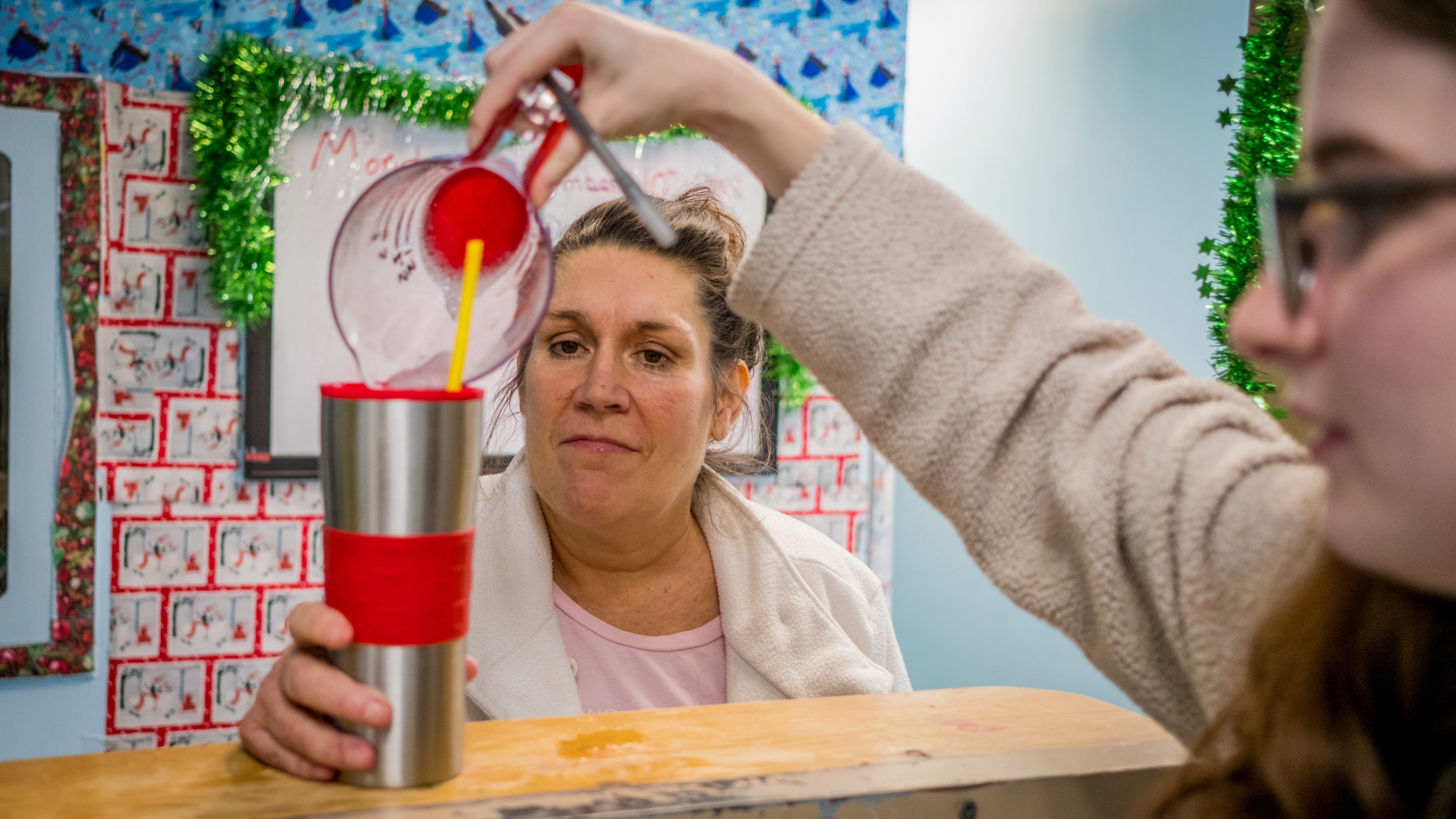
Susie's story
Susie was abused as a child growing up in what's now Nunavut. She ran away when she was a teenager, ending up on the streets in Montreal.
“I started drinking and doing drugs, even doing crack, so I wouldn’t feel hungry or cold anymore. Drinking and drugs made me feel warm. Now I can’t do without it.”
Susie said she used to drink four bottles of sherry a day.
The managed alcohol program is helping her slow down her intake, she said.
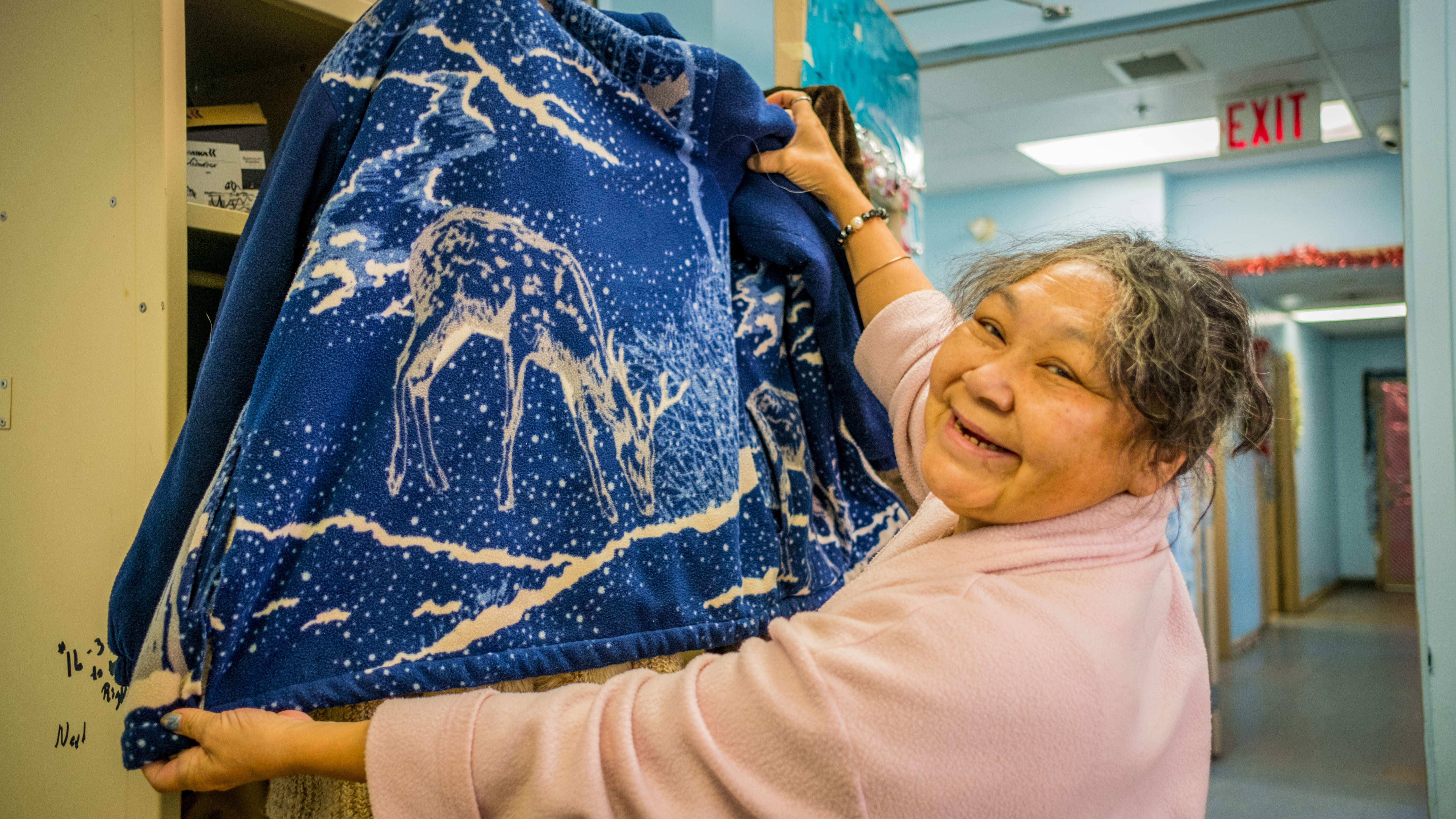
"It would be nice to have my own place. I’m still working on it. I’ve been in Ottawa since 2010, and I’m still looking for an apartment. It takes forever."
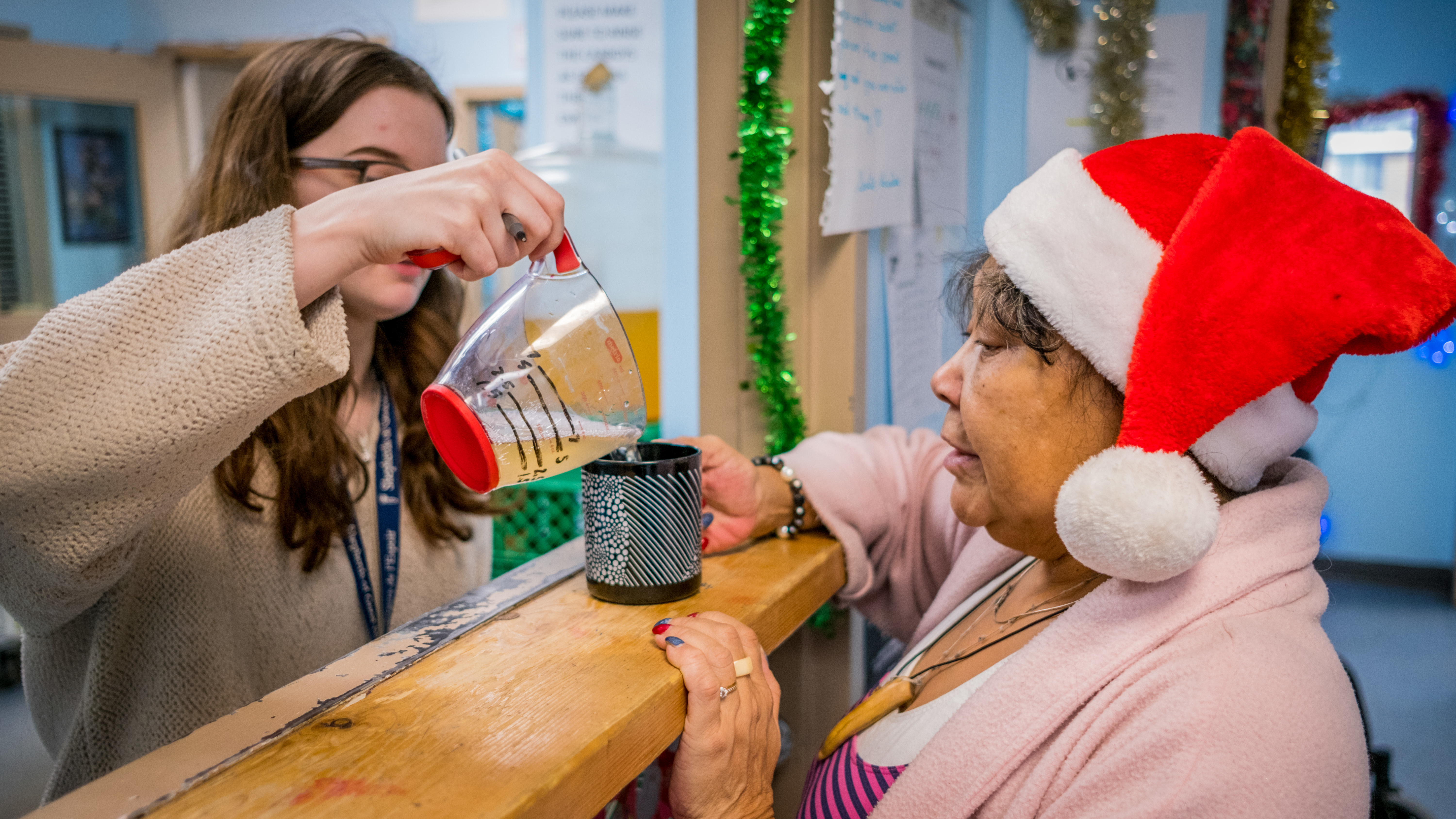
Asylum seekers' story
These asylum seekers, from Congo and Rwanda, only recently arrived in Ottawa. They didn't want to share their names.
The city says part of the reason homelessness is on the rise is an influx in the number of people coming to Ottawa from elsewhere, including people from other countries who have crossed the Canada/U.S. border.
People here aren't allowed to spend the day in their rooms, so they find other ways to stay busy.
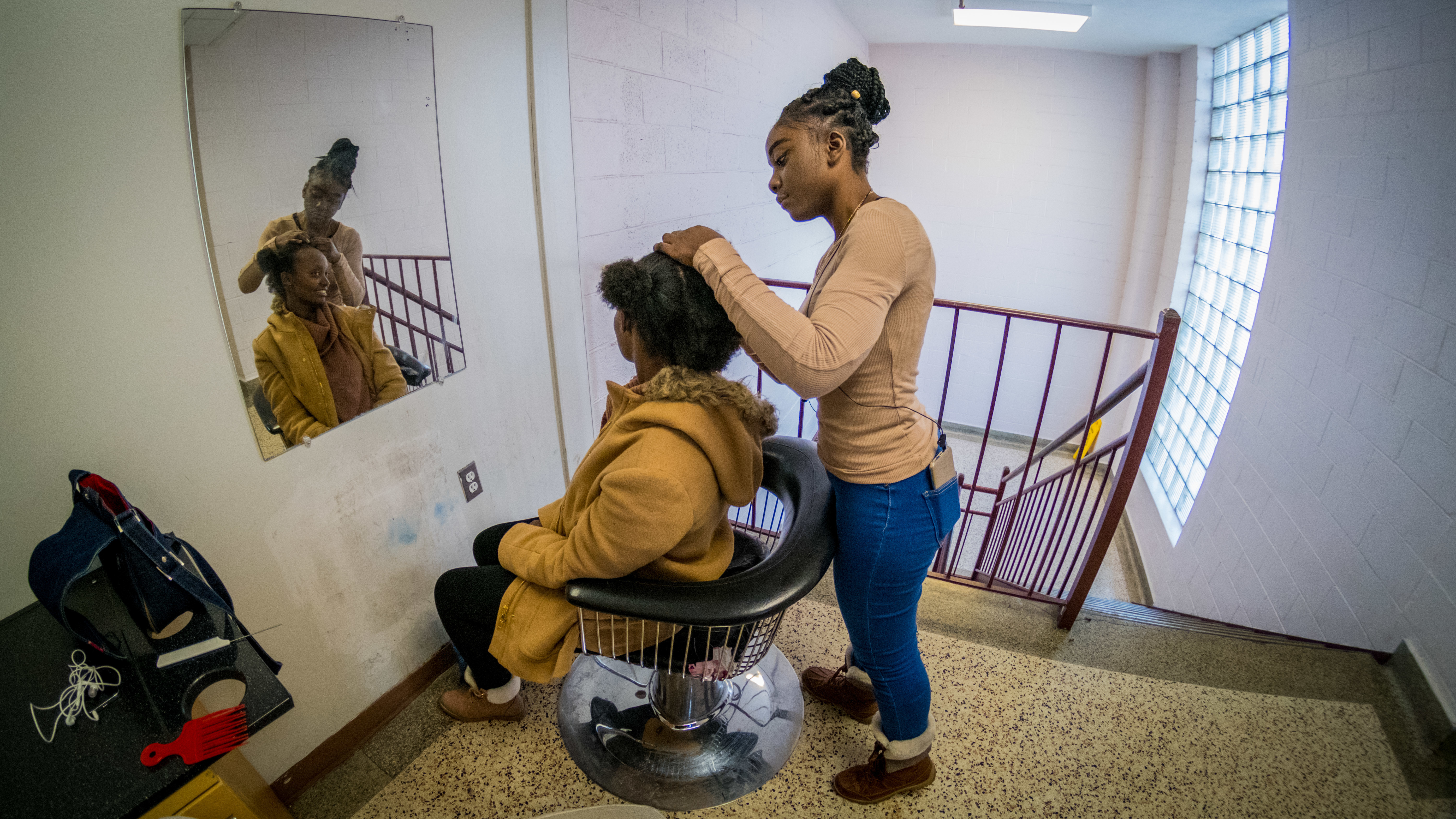
Steve's story
Steve "Mac" Macintosh has seen more than his fair share in the 20 years he's spent as night manager of the Shepherds of Good Hope, and he welcomes most of it with a patient smile.
All night long, police and paramedics drop off people who are drunk or high and in need of a place to sleep. It's a relatively new program, which saves hospitals about $2 million per year.
“At one time they absolutely had to take them to the hospital," says Steve. "But now they can bring them here.”
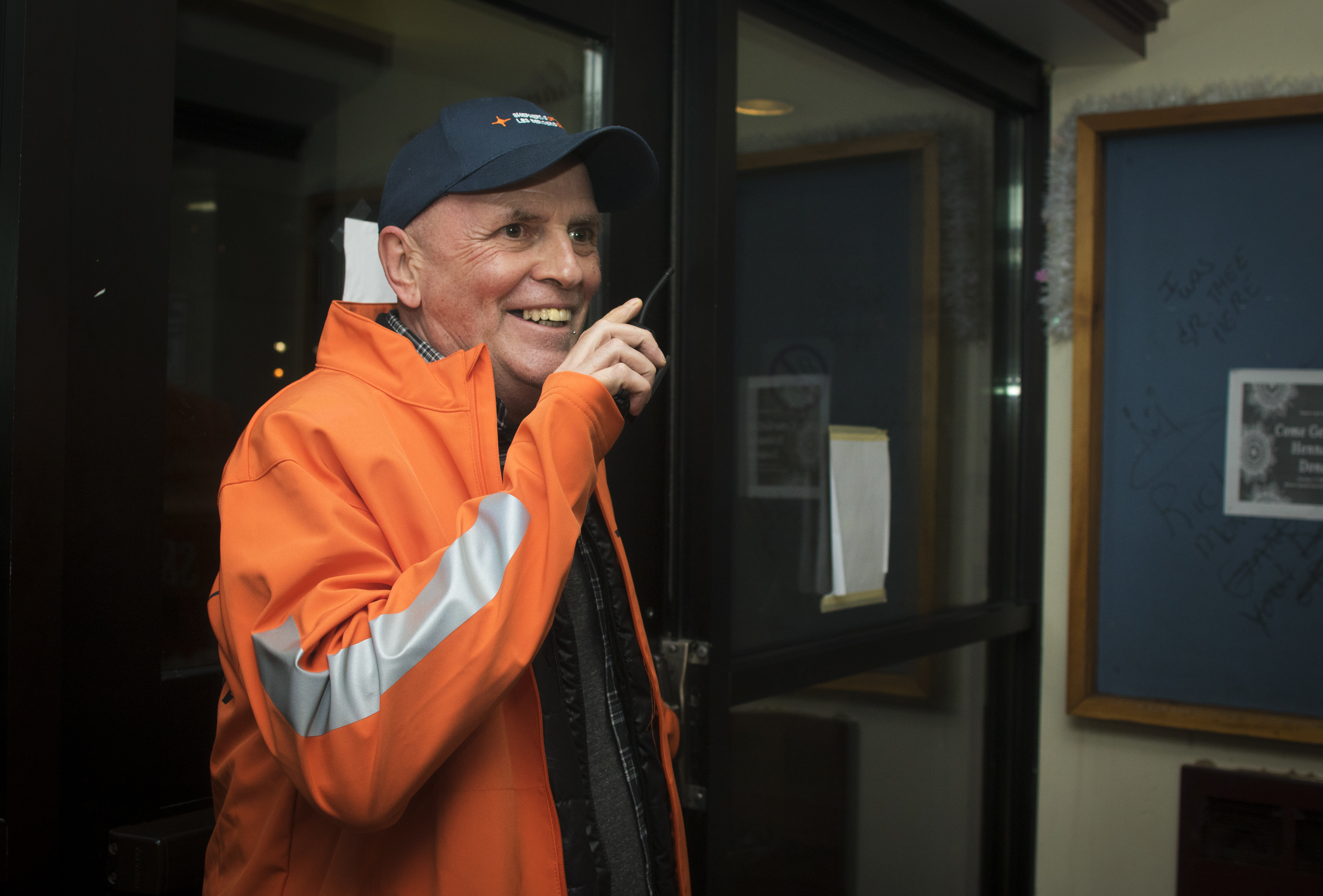
"We're full in the wintertime and in the summertime. We're full every single night."
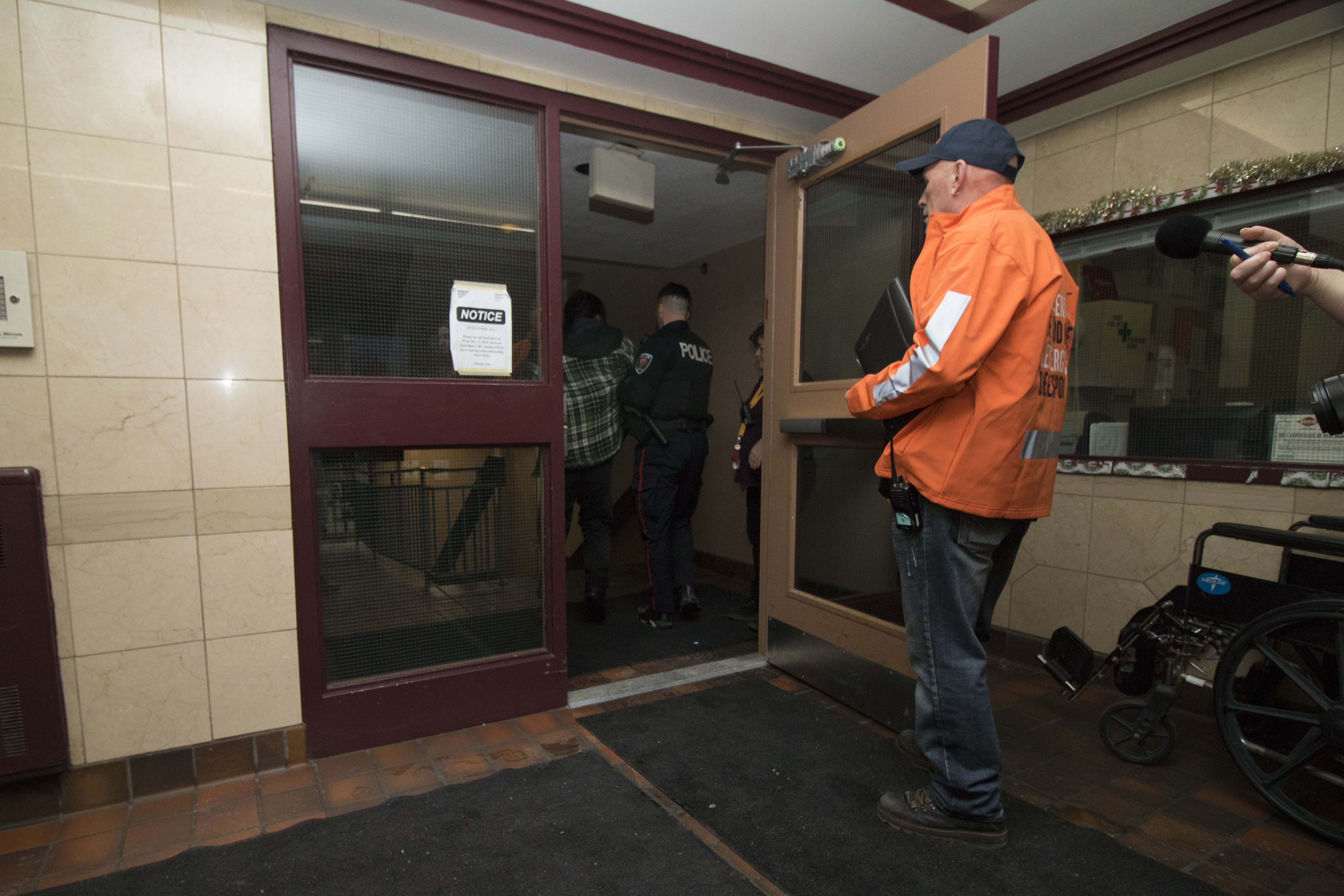
CBC has agreed to use first names and in some cases aliases of the people in this story because they fear the stigma associated with homelessness may hamper their ability to find housing.
